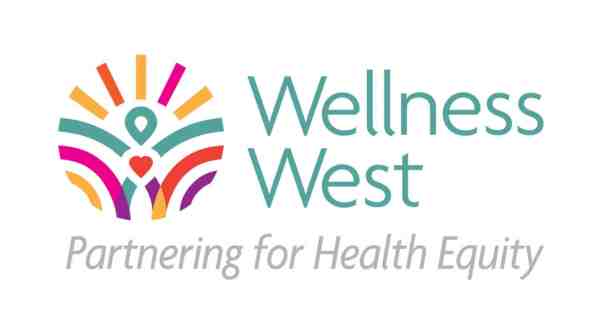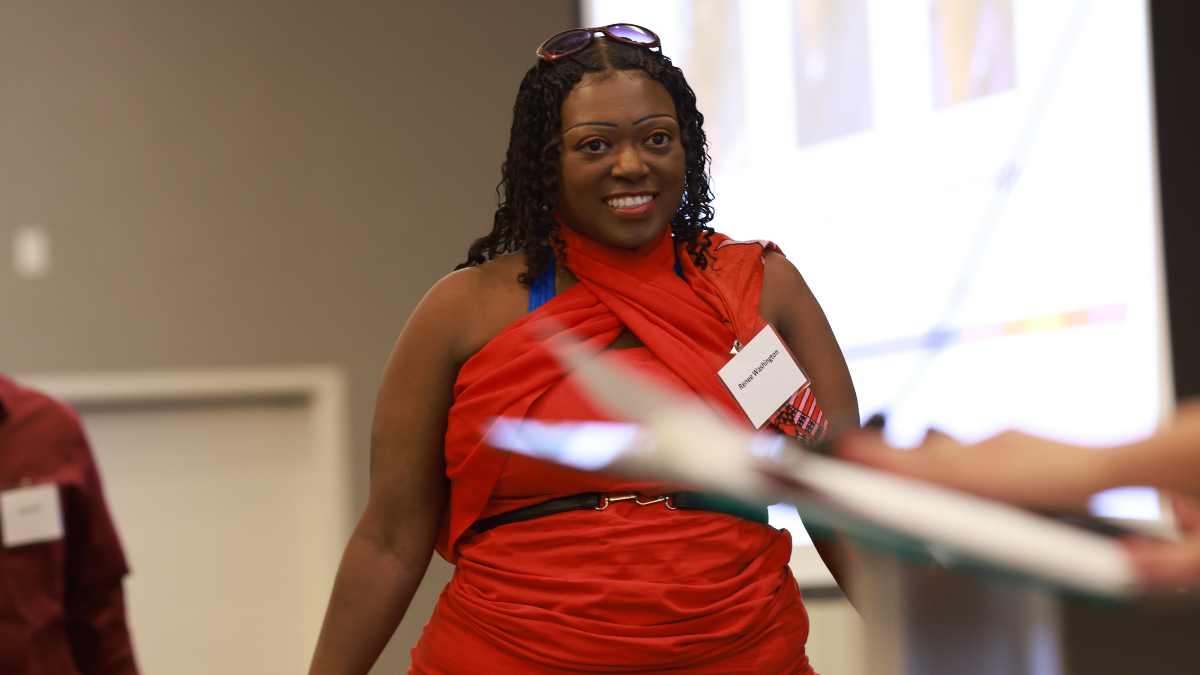Renee Washington, a client of Wellness West, faced a difficult journey before encountering the program. Living in a shelter, she struggled to prioritize her health due to the lack of resources and space. Wanting even to eat healthier was not an option.
“The main thing about living in a shelter is that you don’t have your own space, a space of your own to prioritize yourself and your needs,” Washington said. “You can’t cook for yourself. You may want to do better, but you don’t really have the ability to say, ‘You know what, today I’m going to eat a healthy meal.'”
In April, Washington decided to take control of her situation. She contacted various organizations, leaving messages for local representatives and officials to get help. After weeks and months of trying to get the housing she needed, Washington got that one phone call from Wellness West that literally changed her life.
Washington is a case study on the idea that a person’s overall well-being is more than what goes on in the doctor’s office. Their housing situation, economic stability and environment also play a part in improving someone’s health outcomes.
Wellness West, a collaborative effort of health care and social service providers that delivers services to residents on Chicago’s West Side, was formed under that premise: to provide residents with a continuity of care to bolster their quality of life.

This organization and others like it believe that someone’s quality of life, health well-being are tied to social determinants of health, which include:
- Safe housing, transportation and neighborhoods
- Exposure to racism, discrimination, and violence
- Access to education, job opportunities and income
- Access to healthy, nutritious foods and physical activity
- Exposure to polluted air and water
- Language and literacy skills
Wellness West collaborates with various medical providers, hospitals and community-based organizations to break down silos and address gaps in care.
Nicole Milano, senior director of Wellness West, highlighted the importance of a multidisciplinary approach to tackle these interconnected issues of health on the West Side, where 82% of its patients have at least one social determinant of health need and 34% struggle with food insecurity.
“We recognize that folks born on the West Side of Chicago have poorer life expectancy than folks born on the North Side, or even in the Western Suburbs,” said Milano, “As well as having poor outcomes as it relates to almost any manageable chronic disease like hypertension and diabetes.”
Then, there is the matter of improved economic stability positively impacting one’s health.
Milano explained that Wellness West also worked with community-based organizations focused on employment. Community health workers assist residents in navigating resources for job opportunities and resume building. On a macro level, Wellness West sought to develop local businesses and support minority and women-owned enterprises, fostering economic development within the community.
Looking ahead to 2024, Milano expressed the goal of changing the perception of traditional healthcare, stating that Wellness West would continue to work to improve people’s lives.
One resident’s life and health have dramatically improved in mere months.
Washington told the Defender that through Wellness West, she was able to get an apartment in August, which improved her life in other ways.
“I knew that my prayers had been answered because I was able to focus on my health,” said Washington, “If I could just get somewhere where I could cook my own food.”
Having a place “really gives you peace of mind, it gives you stability, it gives you that ability to focus on you because you can be the priority you need to be in order to heal yourself,” she said.



